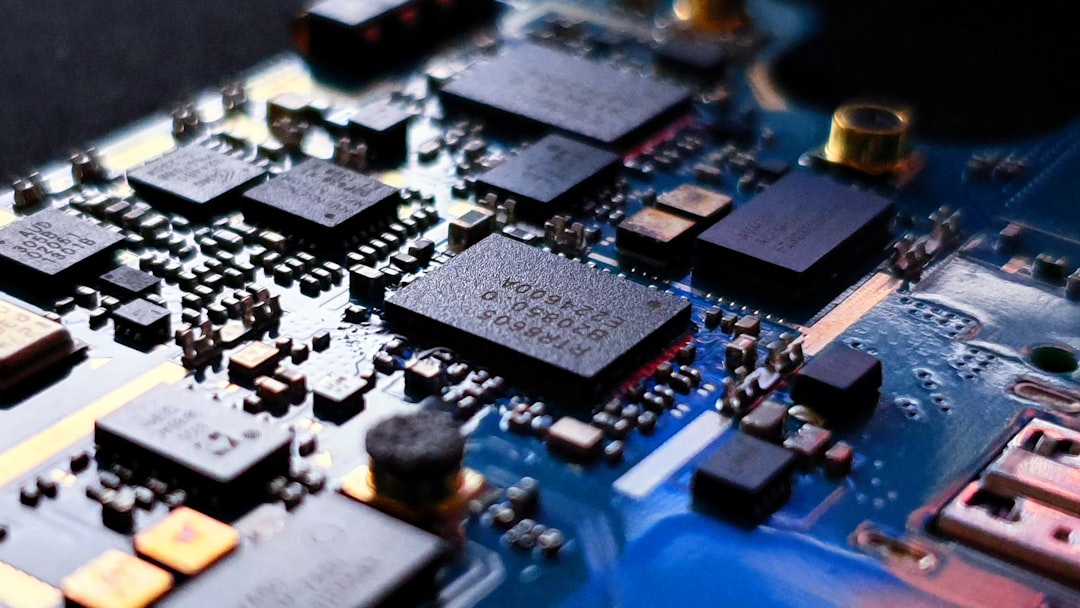Defense engineering plays a crucial role in protecting nations and citizens from external threats and ensuring national security. The field of defense engineering encompasses a wide range of disciplines, including military technology, aerospace engineering, cybersecurity, and more. In today’s rapidly changing and increasingly complex world, the role of defense engineers in safeguarding countries and their populations is more important than ever.
One of the key areas of defense engineering is military technology, which involves the design and development of advanced weapons systems and equipment. These technologies are designed to provide military forces with the capabilities they need to defend against potential threats and maintain a strategic advantage over potential adversaries. From tanks and fighter jets to missiles and drones, defense engineers are constantly pushing the boundaries of technology to develop more effective and efficient weapons systems.
Aerospace engineering is another critical component of defense engineering, as it focuses on the design and development of aircraft and spacecraft for military purposes. Aerospace engineers work on everything from stealth bombers to reconnaissance satellites, ensuring that military forces have the necessary tools to operate in the air and in space. These engineers must consider a wide range of factors, from aerodynamics and propulsion to avionics and materials science, to create aircraft and spacecraft that are both effective and reliable in combat situations.
In addition to military technology and aerospace engineering, cybersecurity is a growing area of focus for defense engineers. As more and more military operations become reliant on digital technologies, the need to protect critical information and infrastructure from cyber threats has become increasingly important. Defense engineers working in cybersecurity must constantly stay ahead of hackers and other adversaries, developing and implementing technologies and strategies to safeguard military networks and systems from cyber attacks.
The role of defense engineers in protecting nations and citizens goes beyond traditional arms and equipment. Engineers also play a key role in disaster response and recovery efforts, developing technologies and systems to help communities recover from natural disasters and other emergencies. For example, engineers may work on developing advanced search and rescue robots, emergency communication systems, or infrastructure resilience technologies to help communities recover from the devastating effects of disasters such as hurricanes, earthquakes, or terrorist attacks.
One of the biggest challenges facing defense engineers today is the rapidly changing nature of warfare and security threats. With the rise of new technologies such as artificial intelligence, autonomous weapons systems, and cyber warfare, defense engineers must constantly adapt and innovate to stay ahead of emerging threats. This requires a high degree of creativity, flexibility, and collaboration across disciplines to develop new solutions to complex security challenges.
At the same time, defense engineers must also consider the ethical implications of their work. As technology continues to advance, there are growing concerns about the potential risks and unintended consequences of developing increasingly powerful weapons systems and technologies. Defense engineers must carefully consider the ethical and moral implications of their work, ensuring that their innovations are used to protect and defend, rather than harm or endanger, the lives of innocent civilians.
In conclusion, defense engineering plays a vital role in protecting nations and citizens from external threats and ensuring national security in an increasingly complex and dangerous world. From military technology and aerospace engineering to cybersecurity and disaster response, defense engineers are at the forefront of developing innovative solutions to the evolving challenges of modern warfare and security threats. As the field continues to evolve and grow, defense engineers will continue to play a critical role in safeguarding the lives and freedom of people around the world.

